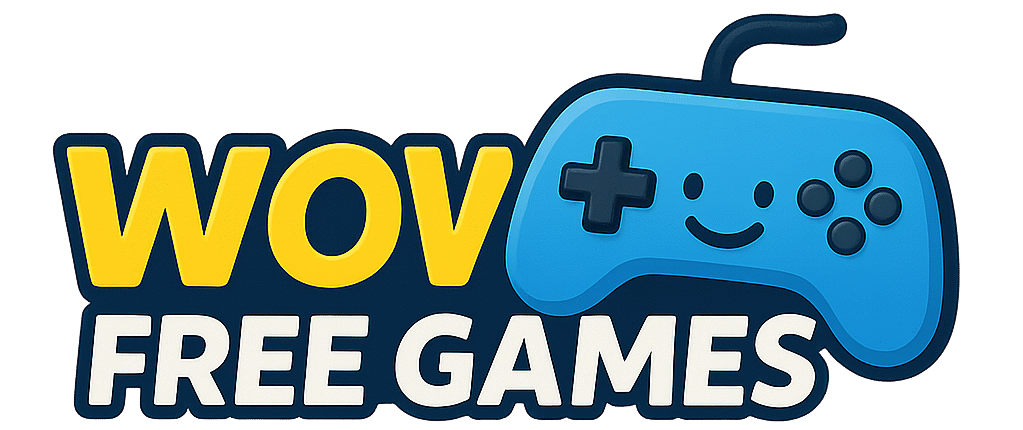Stepping into a new online strategy game can feel overwhelming, especially one as vast as Vikings: War of Clans. Developed by Plarium, this game throws players into a world of raiding, building, and clan warfare inspired by Norse mythology. For beginners, the first few hours can determine whether you fall in love with the game or feel lost and quit early. This guide is here to help you start strong.
If you’re just downloading the game or considering giving it a try, this beginner’s guide to Vikings: War of Clans Plarium will walk you through everything — from installation to joining your first clan.
What is Vikings: War of Clans Plarium?
At its core, Vikings: War of Clans is a free-to-play massively multiplayer online strategy game. It combines elements of empire building, resource management, and real-time battles.

The Viking theme is more than just decoration. You’ll step into the role of a Jarl — a Viking leader — tasked with growing your town, commanding armies, and forging alliances. The game plays out across vast maps where thousands of players compete for dominance.
It’s available on both mobile devices (iOS and Android) and PC via Plarium Play, so you can choose whichever platform fits your style.
Getting Started with the Game
1. Downloading and Installing
- Mobile: Find Vikings: War of Clans in the App Store (iOS) or Google Play (Android).
- PC: Head to Plarium’s official website and download Plarium Play, their desktop client.
2. Setting Up Your First Account
When you first launch the game, you’ll create a profile with a unique player name. Don’t stress too much — names can be changed later. You’ll also be assigned a starting location on the world map, which will shape your early strategy.
Can You Win Real Money on Free Slots The truth Reviewed.
3. Navigating the Interface
The interface can feel packed with icons, but here are the key areas to focus on:
- Town Screen: Where you’ll build and upgrade structures.
- Resource Bars: Track food, wood, iron, stone, silver, and gold.
- Quests Panel: A guiding hand that gives you small tasks and rewards for early progress.
Beginner Gameplay Basics
Understanding Resources
Resources are the lifeblood of Vikings: War of Clans. You’ll need them for everything from constructing buildings to training troops.
- Food: Feeds your armies.
- Wood, Stone, Iron: Core building materials.
- Silver: Vital for upgrades and crafting.
- Gold: The premium currency, often used to speed up actions.
Your first priority as a beginner should be building resource-generating structures and upgrading them consistently.
Building Your Town
The game rewards players who keep their town growing. Start with the Farm, Lumber Mill, Quarry, and Mine, then move on to barracks and strongholds. Always keep something upgrading — idle time is wasted time.
Training Your First Troops
Your armies are the key to survival and expansion. In the early stages, focus on training balanced units: infantry, cavalry, ranged, and siege weapons. Each has strengths and weaknesses, and you’ll learn quickly which suits your playstyle.
Joining and Understanding Clans
One of the defining features of Vikings: War of Clans Plarium is, as the name suggests, clans.
- Why Clans Matter: Being in a clan provides protection, guidance, and rewards. Solo play is nearly impossible long-term.
- How to Join a Clan: Use the in-game clan search to find beginner-friendly groups. Many actively recruit new players.
- Benefits of Teamwork: Clan events, shared resources, and coordinated battles make the game far more rewarding.
If you’re new, prioritize joining an active clan over trying to go it alone. It will save you countless frustrations.
Early Game Tips for Beginners
Play the Quests System
Quests aren’t just tutorials — they give you rewards that speed up your progress. Completing daily tasks is one of the fastest ways to grow without paying.
Avoid Common Mistakes
- Don’t waste gold on speeding up every task. Save it for crucial upgrades.
- Don’t leave your town undefended. Even as a beginner, you’ll be a target for raids.
- Don’t ignore clan invitations. Community is key to success.
Balance Offense and Defense
Many beginners rush into attacking other towns too quickly. Focus instead on building a strong economy and defense first. When you’re ready, choose targets carefully and always scout before attacking.
Is Vikings: War of Clans Plarium Free to Play?
Yes — technically. Vikings: War of Clans is free to download and play. However, it follows the free-to-play model with microtransactions.
- Free-to-Play: You can make progress by grinding resources and completing quests.
- Pay-to-Progress: Spending money gives you speed-ups, stronger troops, and instant advantages.
For beginners, the game is fully enjoyable without spending a dime, but you’ll need patience. Many veteran players recommend waiting until you’re invested before considering purchases.
Final Thoughts
For newcomers, Vikings: War of Clans Plarium can feel intimidating, but once you get past the first few days, it becomes deeply rewarding. The thrill of seeing your town expand, leading armies into battle, and forging bonds with your clan makes it more than just another mobile game.
How to Download PC Games on Android: The Pocket Revolution That’s Changing Gaming Forever
If you’re searching for a Viking-themed strategy experience with both depth and community, this is a game worth trying. Start small, learn the systems, and grow into the kind of Jarl who commands respect across the battlefield.
FAQs
Is Vikings: War of Clans still popular?
Yes. While its peak hype has passed, the game still maintains a strong and active player base, especially within clans.
Can you play Vikings: War of Clans on PC?
Absolutely. You can download and play it via Plarium Play, the official desktop client.
How long does it take to build a strong town?
For most beginners, reaching a strong mid-game town takes a few weeks of consistent play without spending money. With microtransactions, progress can be much faster.
Do you need to spend money to win?
No, but spending money accelerates progress. Many free players succeed by relying on patience, smart resource management, and strong clan cooperation.



